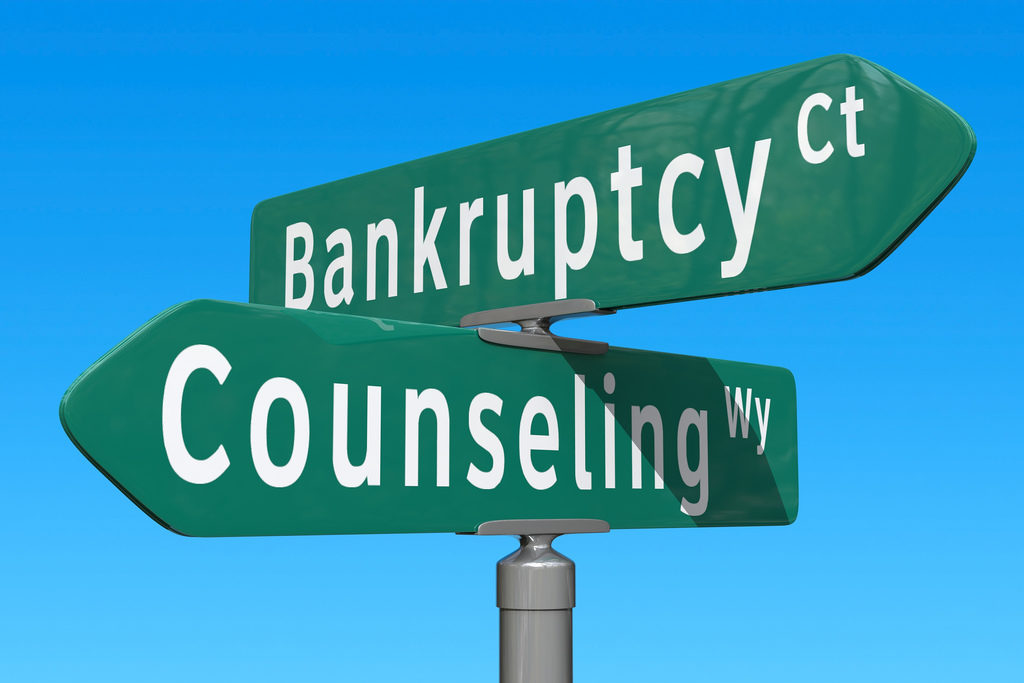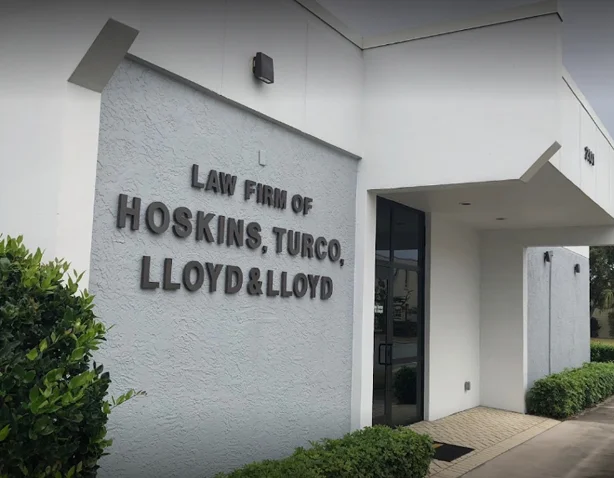When you’re facing financial stress, the idea of filing for bankruptcy can feel overwhelming. At Hoskins, Turco, Lloyd & Lloyd,
Bankruptcy Posted on May 20, 2016
It’s not uncommon to experience fear upon hearing the word “Bankruptcy.” False expectations and pre-conceived notions cloud both what a bankruptcy filing actually is, and how it can be the smartest choice in times of financial turmoil. By confronting five of the most notorious bankruptcy myths, we’ll unmask a few of these unfounded fears and walk you through some of the items you need to know before filing.

Myth #1: Only The Financially Irresponsible File for Bankruptcy
The majority of people who file for bankruptcy do so as a result of truly uncontrollable financial burdens. Most commonly, these weights result from such unforeseen circumstances as the loss of a job, divorce, or medical bills.
Unemployment: Those who are unable to find another job after a comprehensive period of unemployment may be incapable of financially recovering. Savings accounts eventually deplete, and credit cards are used to fund living costs. With no new source of income, these individuals find themselves in a strenuous situation where they can neither afford to cover new expenses or pay off the mounting debts they’re continuing to accumulate.
Divorce: Alongside its emotional burden, divorce is also associated with substantial legal fees and, often, alimony costs. These newfound expenses will require one to exceed his/her typical budget, which can impact his/her ability to pay for other necessary expenses. Child support costs may also come into play, and both partners may find themselves unable to recover from the loss of a joint monthly income.
Medical Bills: Regardless of health insurance, those suffering from a serious illness or injury may be burdened with unfinanceable debt. Medical care costs can be exorbitant, and after exhausting all resources, it’s still not uncommon to be left with a hefty sum of remaining fees.
A bankruptcy filing is nothing to be ashamed of; by filing, you’re taking back control of your life and refusing to be a victim of your debt!
Myth #2: You Must Have a Certain Amount of Debt
You do not need to reach a certain debt threshold in order to qualify for bankruptcy. The decision to file is based entirely on your own individual expenses and needs. If you’re unable to pay off your debt and work with your creditors, filing for bankruptcy may be the best course of action. We recommended that you contact a preferred lawyer in your area for more details on whether a bankruptcy filing makes sense for your financial situation.
Myth #3: You’ll Lose All Your Possessions
This may be one of the more frightening myths out there, and people who truly need to file for bankruptcy may avoid doing so as a result of this groundless fear. Every state is different, but bankruptcy exemptions will protect some of your possessions. In Florida, exemptions are rather promising and encompass items such as your home, personal property, wages, and more. It’s important not to speculate when it comes to the exemptions for which you will qualify. Speak with a bankruptcy attorney in your area to learn more about your particular case and the laws of your state.
Myth #4: Bankruptcy Will Forever Destroy Your Credit Score
If you and your attorney decide that bankruptcy is the best option for you, then you most likely already have a less than stellar credit score. Future creditors will view the amount of debt you owe, and be unlikely to issue you a loan out of fear that you’ll be unable to pay them back. Upon discharging your debt with bankruptcy, you’ll actually become a lower risk borrower.
Post-filing, you’ll receive offers from subprime lenders with low credit limits and high-interest rates. As you begin making regular payments on these new cards, however, you’ll find yourself eventually receiving offers for regular cards as well. Many of our clients at Hoskins, Turco, Lloyd & Lloyd are delighted to see how quickly their credit scores build up after bankruptcy.
Myth #5: All Your Debts Will be Forgiven if You File for Bankruptcy
While you will experience a great deal of financial release upon filing for bankruptcy, there are certain debts that can never be discharged. Among others, these debts most notably include crime restitutions, domestic support obligations such as alimony and child support, and student loans (with some specific exceptions). It’s important to speak to a qualified attorney before filing to understand which debts you’ll be able to discharge with bankruptcy.
Reckless spending is also not received well, and those who engage in these habits just prior to filing should not expect to have said debts absolved. In fact, such purposeful spending patterns are considered fraud and are not looked upon fondly in bankruptcy court.
What’s Next?
If you’re considering filing for bankruptcy and are located along the Treasure Coast or interior Lake Okeechobee areas, call the experienced bankruptcy teams at Hoskins Turco Lloyd & Lloyd, who will guide you through the many options available under the law. We have offices in Port St. Lucie, Vero Beach, Fort Pierce, and Okeechobee. Your initial consultation is free, so please do not hesitate to call us at 866-460-1990.
When you’re facing financial stress, the idea of filing for bankruptcy can feel overwhelming. At Hoskins, Turco, Lloyd & Lloyd,
While the holidays can bring joy, they can also lead to financial stress if not managed carefully. Here are 7
Filing for bankruptcy is a significant decision that can have long-lasting effects on your financial health and personal life. It’s

Phone: (772) 344-7770
Fax: (772) 344-3838

Phone: (772) 464-4600
Fax: (772) 465-4747

Phone: (772) 577-7551
Fax: (772) 794-7773

Phone: (863) 357-5800
Fax: (863) 763-2237
As the law firm Florida has trusted for over 40 years to fight on their behalf, we are more than ready to represent you. Put our experience and reputation to work. If you need help with any legal matter, whether it’s a personal injury, workers’ compensation, disability or bankruptcy case, contact us now. The consultation is absolutely free.
Get the answers you need. We’ll review your case today, for free.
"*" indicates required fields